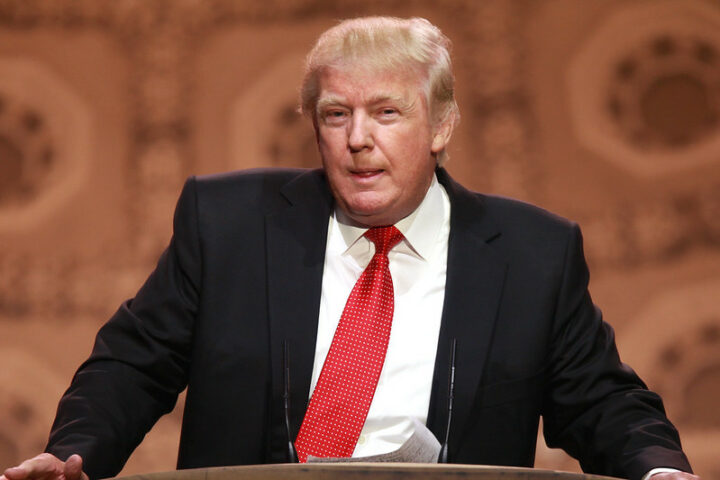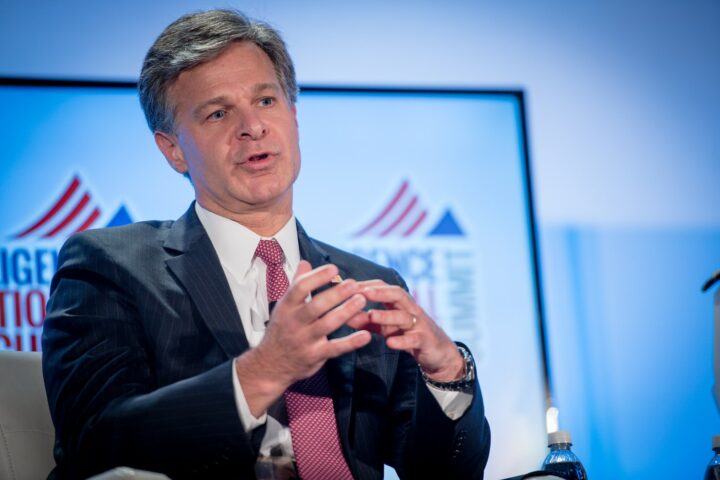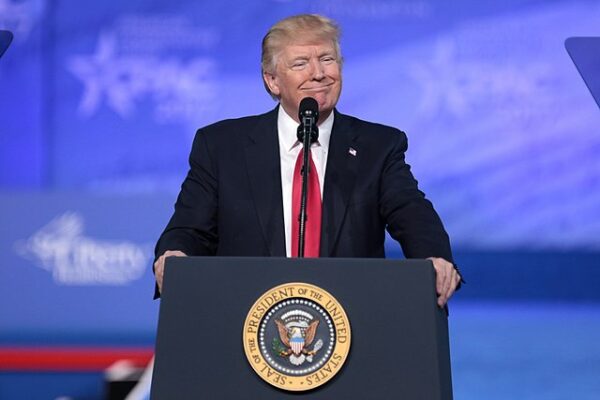The Federal Trade Commission (FTC) has now reportedly decided, with a 3-2 majority, to prohibit noncompete agreements that restrict tens of millions of employees from joining competitors or establishing a competing enterprise upon leaving their current employment.
According to the FTC, about 30 million individuals, ranging from fast restaurant workers to CEOs, are subject to noncompete agreements, which account for around 18 percent of the U.S. workforce.
The ultimate regulation will prohibit the implementation of new noncompete agreements for all employees and mandate that corporations inform existing and former employees that they will not enforce such agreements.
Most companies will be required to invalidate their current noncompete agreements for the majority of their personnel.
However, there is a modification to the first proposal, allowing these agreements to still be applicable to senior executives.
The implementation of the new rule is scheduled to commence 120 days following its publication in the Federal Register.
However, the future of the rule is questionable due to the anticipated legal action by pro-business groups seeking to prevent its implementation.
Business associations argue that noncompete agreements are essential for safeguarding proprietary information and intellectual property.
However, the proposed regulation would not prohibit the use of alternative measures, such as nondisclosure and confidentiality agreements, to preserve such information.
Furthermore, they are questioning the agency’s jurisdiction to implement the comprehensive ban that applies retroactively.
Congress has not granted the agency clear power to prohibit noncompete agreements, although there have been multiple bipartisan bills proposed to revise such agreements, such as the Workforce Mobility Act sponsored by Senators Chris Murphy (D-Conn.), Todd Young (R-Ind.), Tim Kaine (D-Va.), and Kevin Cramer (R-N.D.), and the Freedom to Compete Act sponsored by Senators Marco Rubio (R-Fla.) and Maggie Hassan (D-N.H.).
[READ MORE: Biden Ignores Police Request To Delay Trip]








